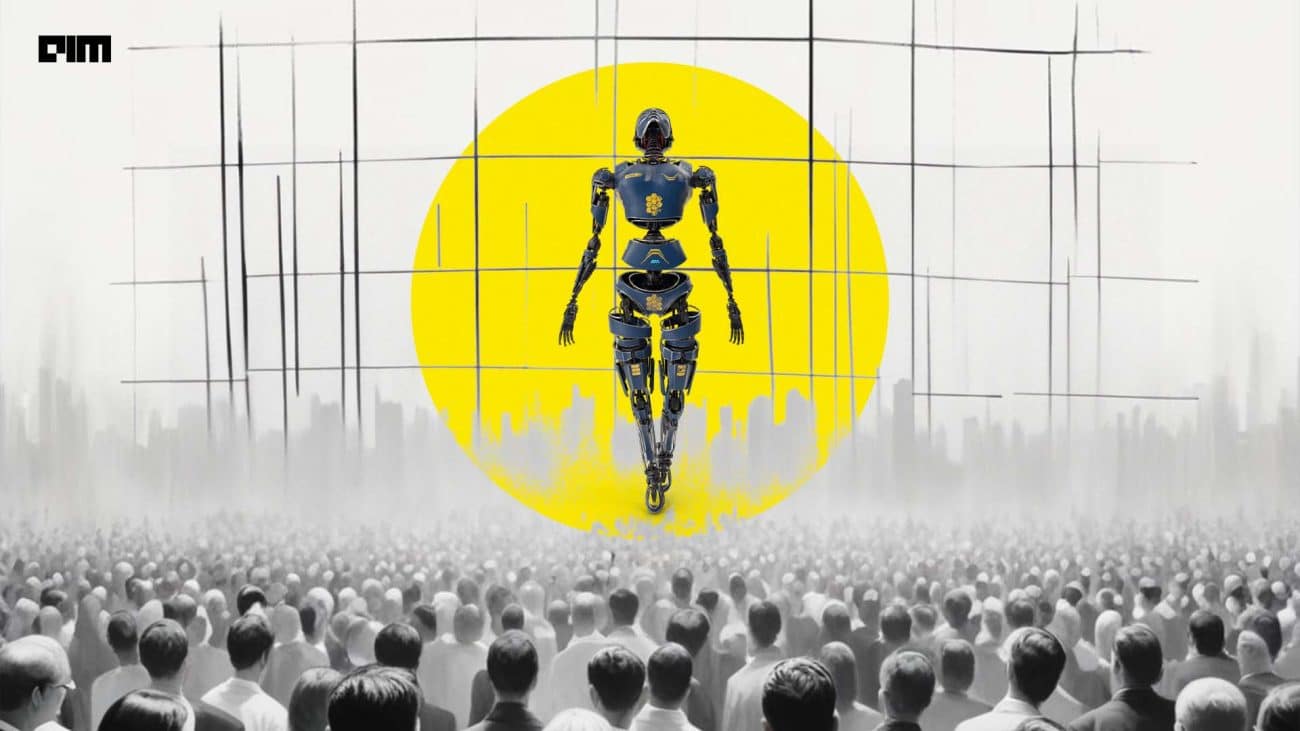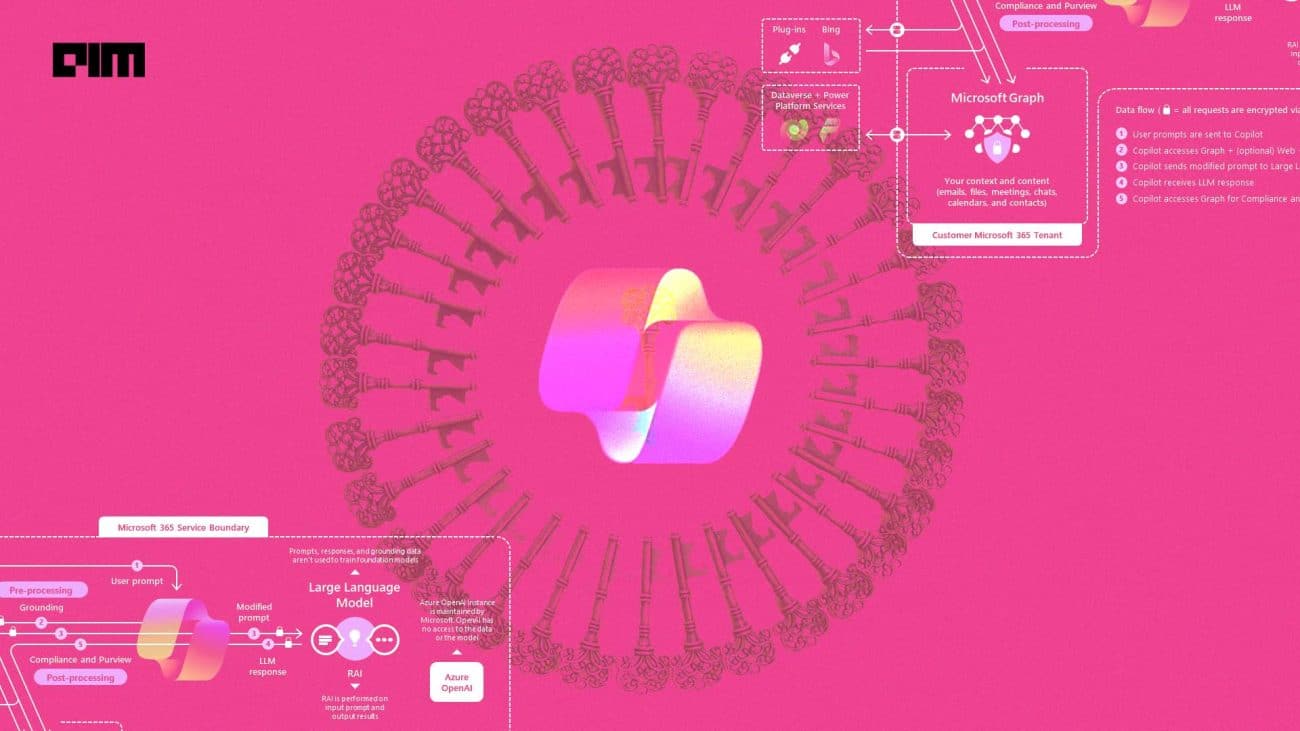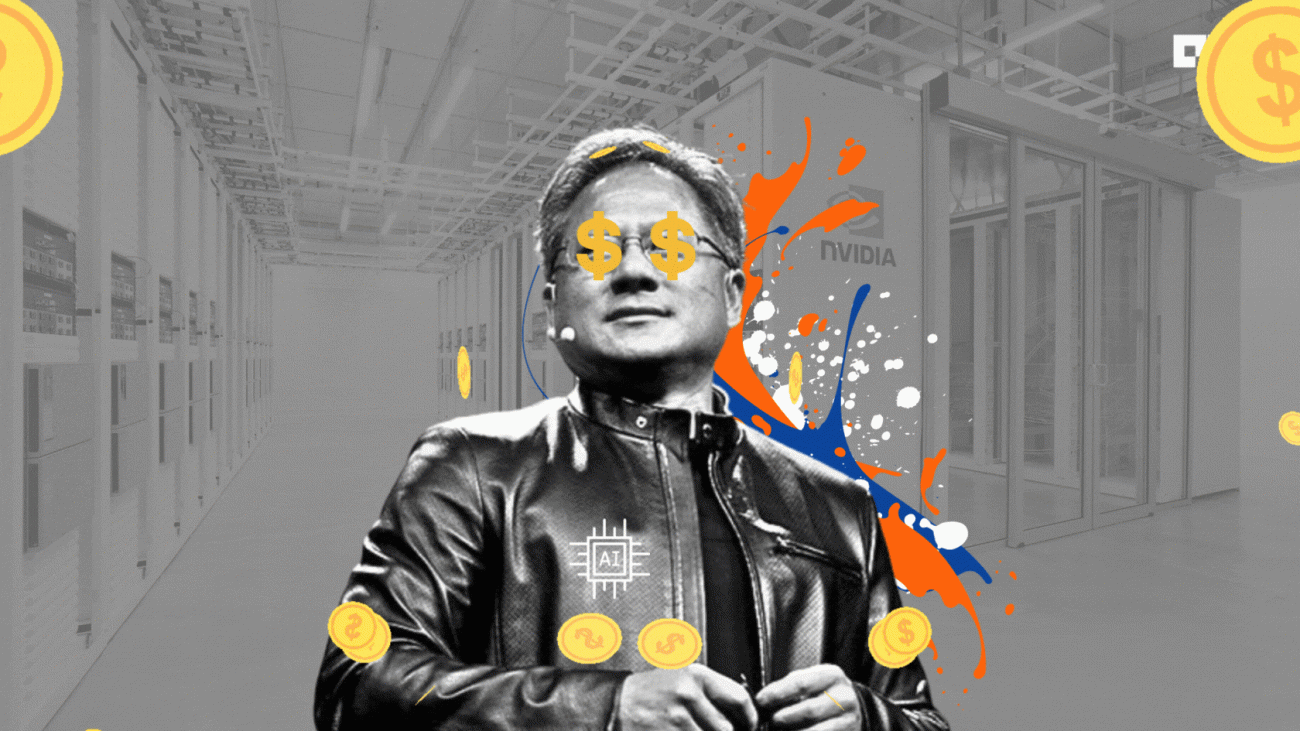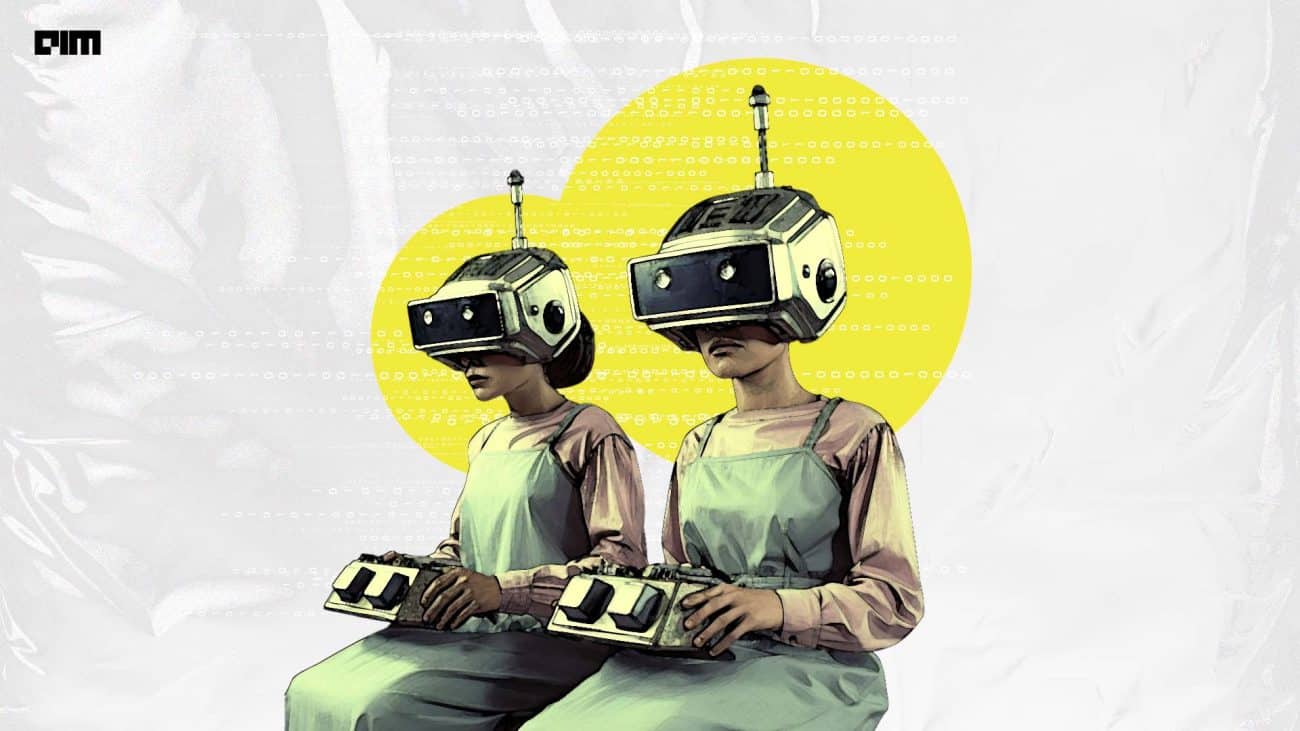Last month, US Ambassador to India Eric Garcetti hailed Indian immigrants and said, “…now the joke is, you cannot become a CEO in America if you are not Indian. Whether it is Google, Microsoft, or Starbucks, people have come and made a big difference…”
#WATCH | Delhi: US Ambassador to India Eric Garcetti says, "The successes have happened, more than 1 in 10 CEOs of Fortune 500 companies now are Indian immigrants who studied in the US. The old joke was you could not become a CEO in the US if you are Indian, now the joke is you… pic.twitter.com/gTdvXng9mi
— ANI (@ANI) April 26, 2024
Responding to Garcetti’s remarks, Rajeev Chandrasekhar, MoS for Electronics and Information Technology, reflected on the transformation witnessed over the decades and said, “India is now home to #AllThingsTech and Indians are occupying leadership positions in almost all top companies of the world.”
Amidst this narrative of success, lies a question: Does every Indian inherently possess the potential to become a CEO, or is it a culmination of skill, struggle, and hard work that propels individuals to new heights of success?
While the success stories of Indian immigrants in the US are aplenty, the route to leadership is far from easy.
Story of every Indian in the US isn’t the same
Indian students studying in the United States, for instance, face significant challenges in securing even internships, attributed to a slowdown in job growth and heightened competition during election years. Factors such as rising inflation, increased cost of living, and sponsorship difficulties further compound their challenges.
As per a recent update, the US Citizenship and Immigration Services (USCIS) reported 780,884 H-1B registrations for FY 2024, an increase of 61% over the 483,927 registrations for FY 2023. But, there has been a significant decrease of nearly 40% in lottery applications for H-1B visas.
The USCIS selected only 14.6% of eligible H-1B registrations for FY 2024, based on a National Foundation for American Policy analysis of government data. That compares to 26.9% for FY 2023 and 43.8% for FY 2022. For FY 2021, nearly half, or 46.1%, were selected in the H-1B lottery process.
When Parag Agrawal was appointed the CEO of Twitter in 2021, it sparked discussions on the factors contributing to the success of Indian-origin individuals in senior positions within tech companies.
Some reports suggested that cultural shifts and strategic innovations spearheaded by Indian-origin CEOs played a pivotal role in the trajectory of companies like Microsoft and Google.
Meanwhile, Microsoft CEO Satya Nadella offered a different perspective in his book ‘Hit Refresh’. “Our industry does not respect tradition. What it respects is innovation,” he emphasised.
Indian Americans contribute to the US economy
Despite constituting only a small fraction of the US population, Indian Americans pose a significant influence through their contributions to the US economy. As highlighted by Tarak Hassan, a BU College of Arts & Sciences professor of economics, “The headline finding is that immigrants are good for local economic growth and, in particular, educated migrants are doing a lot of that.”
Where Were Unicorn Founders Born?
— Ilya Strebulaev (@IlyaStrebulaev) January 13, 2022
New result on immigrants & US economy
For 1,078 founders of 500 US unicorns, I identified founders' countries of birth. Conclusion: Over four out of ten unicorn founders are first gen immigrants.@StanfordGSB #startups #immigration #unicorn pic.twitter.com/07GbKrIopy
A recent study by the Migration Policy Institute (MPI) reveals that workers with immigrant backgrounds are prominently represented in the fields of science, technology, engineering, mathematics (STEM), and social sciences. In 2023, they accounted for 38% of the workforce in STEM-related occupations, where college-educated individuals prevail, with a median salary of $90,900 annually.
It is projected that these occupations will grow by a substantial 11% due to the increased adoption of AI and other technologies, digitalisation of the US economy, and the escalating threat of cyberattacks and data breaches.
As of now, India can’t rule America
Indian-Americans constitute the second-largest immigrant population in the US, estimated at around four million. However, it’s notable that Indians are not widely represented in leadership roles across many of the world’s top companies.
According to the CompTIA report, there are over 5,57,000 software and IT service companies in the US, with approximately 13,400 tech startups launched in 2019 alone. However, only a small fraction of individuals, who were previously Indian citizens but are now US citizens, hold higher positions there.
Despite India’s prominence in the tech industry and the presence of thousands of alumni from the IITs in the US since the 1960s, Indian passport holders occupying top positions in globally significant institutions remains rare.
Hope everyone gets the joke now.


































